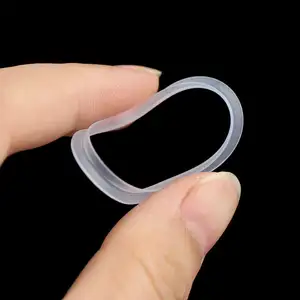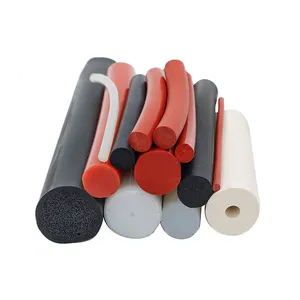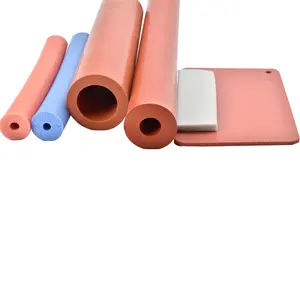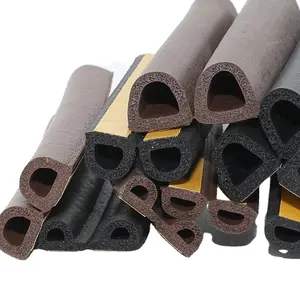Understanding Thermal Insulation Foam Gaskets
Thermal insulation foam gaskets serve a critical role across various industries, providing essential sealing and insulation. These gaskets are integral to systems within automotive, petrochemical, machinery, gas, and food processing sectors, as well as in plumbing applications. Their primary function is to prevent the leakage of air or fluids and to ensure thermal efficiency.
Materials and Properties
The composition of thermal insulation foam gaskets is diverse, encompassing materials such as plastic, silicone, metal, and glass fiber reinforced polymers. This variety ensures compatibility with different environmental conditions and applications. The flexibility of the materials used contributes to the gasket's ability to maintain shape and function under pressure, while their low density aids in minimizing additional weight in assemblies.
Performance and Durability
Performance is a cornerstone for these gaskets, which are designed to resist chemical degradation and internal pressures. Their adhesion qualities are formulated to combat corrosion, thereby enhancing longevity. The tensile strength of these gaskets is a testament to their durability, ensuring they perform reliably over time without significant deformation.
Types and Applications
The range of thermal insulation foam gaskets includes varieties such as rubber, silicone, EPDM, neoprene, foam, O-ring, and PTFE. Each type is tailored for specific scenarios, like silicone gaskets which are favored in environments that demand resistance to extreme temperatures, oils, and chemicals. Rubber gaskets, available in natural or synthetic forms, are versatile and widely used across automotive and industrial applications.
Selection and Compatibility
Selecting the appropriate gasket involves considering the operational environment, including temperature ranges, exposure to chemicals, and the type of media being sealed. The compatibility of the gasket material with these factors is crucial to ensure effective sealing and insulation performance.
Environmental Resistance
In addition to their sealing capabilities, thermal insulation foam gaskets are engineered to withstand environmental challenges. This includes resistance to ozone, water, alkalis, and radiation, making them suitable for demanding applications in the medical and food processing industries, where sanitation and durability are paramount.











































 浙公网安备 33010002000092号
浙公网安备 33010002000092号 浙B2-20120091-4
浙B2-20120091-4